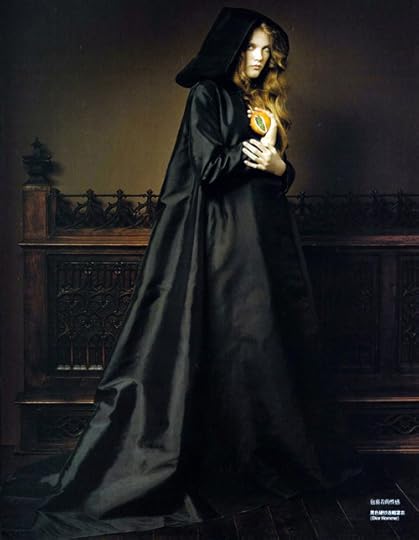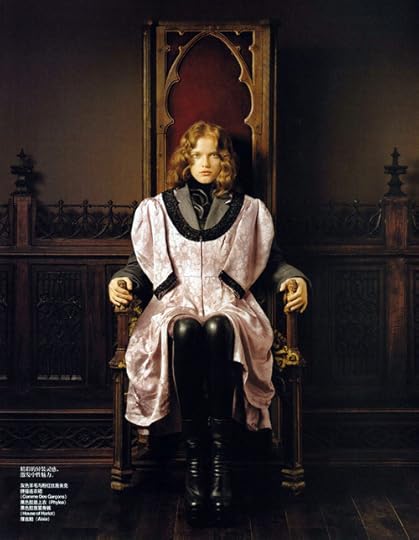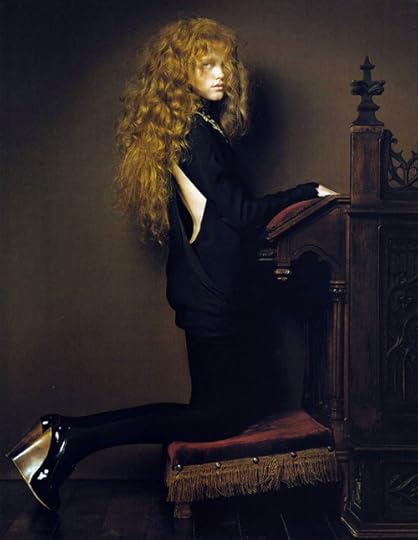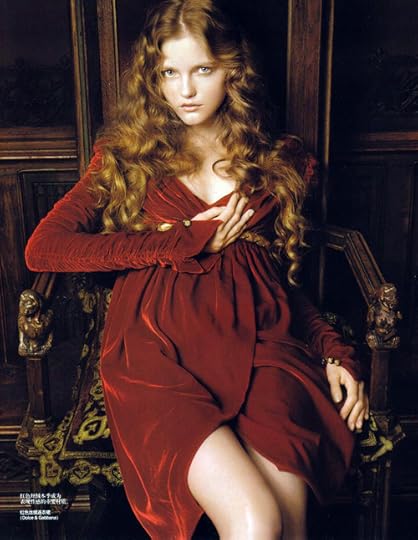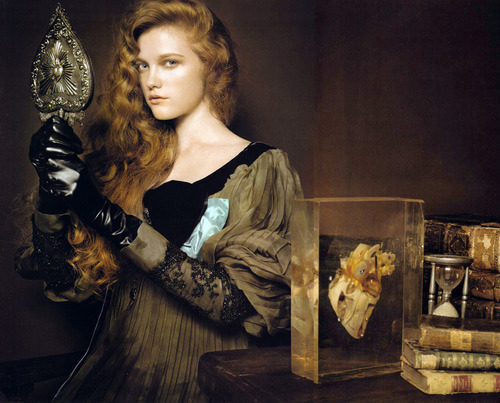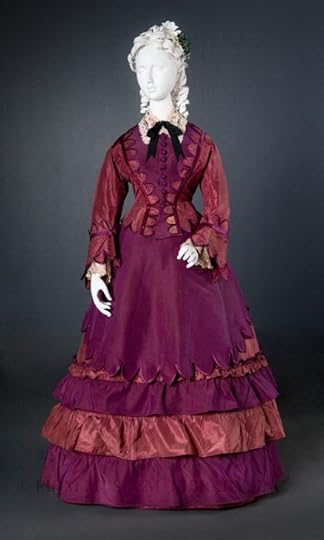G.D. Falksen's Blog, page 925
February 3, 2014
Girl’s Dress
1878
The Los Angeles County Museum of Art
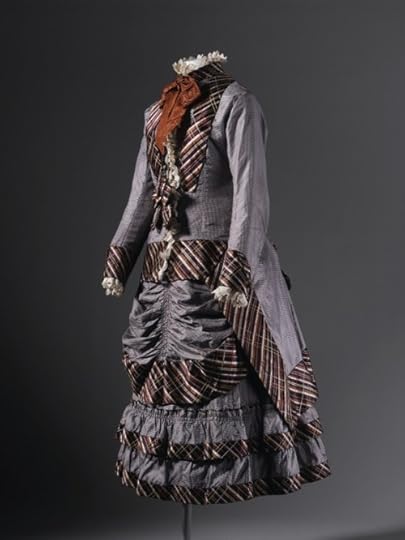
Girl’s Dress
1878
The Los Angeles County Museum of Art
I know it could be silly to ask on Tumblr, but how many people really use G+? I have a lot of work...
I know it could be silly to ask on Tumblr, but how many people really use G+? I have a lot of work that needs to be done and can’t spend my life on every site ever. So I kinda do nothing with my G+ but by doing that am I snubbing a ton of people who only use that?
February 2, 2014
Suit
1867-1868
The Metropolitan Museum of Art
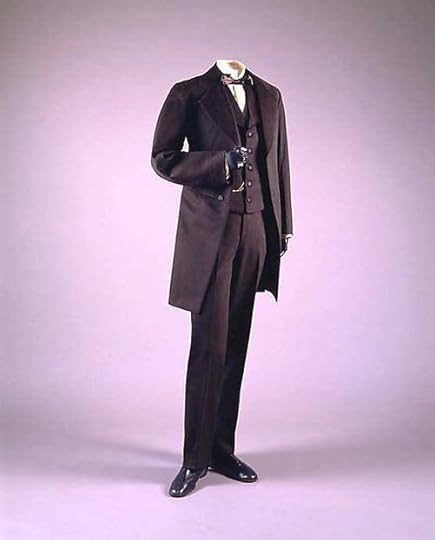
Suit
1867-1868
The Metropolitan Museum of Art
'Des Herzog's Schicksal / The duke's fate' by by Karl Alex Wilke...
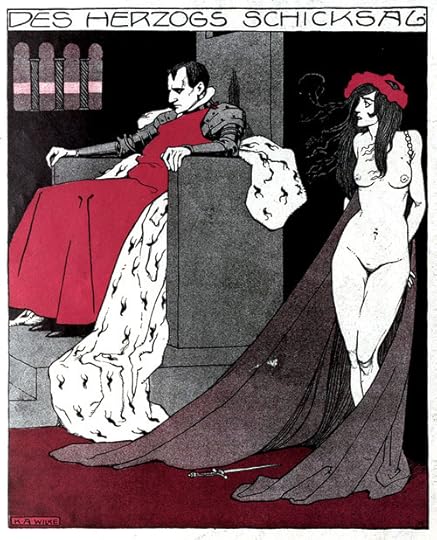
'Des Herzog's Schicksal / The duke's fate' by by Karl Alex Wilke for ‘Die Muskete’ magazine nr. 290, published 1911.
Description: There’s a poem that goes along with the illustration about a very proud duke who killed all his lovers after he had slept with them so that no other men might have what he had. Until one day he finally met a woman he fell in love with and because he couldn’t bear killing her, he kills them both.
Vlada Roslyakova by Pierluigi Maco for Vogue China January 2007
February 1, 2014
Edwardian dress ca.1905
French
Silk.
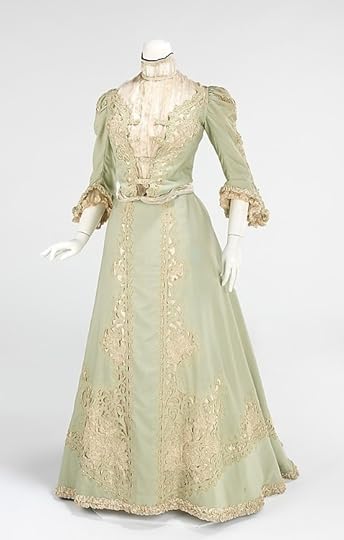
Edwardian dress ca.1905
French
Silk.
Gold Drachm with Poseidon and Thetis, Bruttium, The Brettii,...
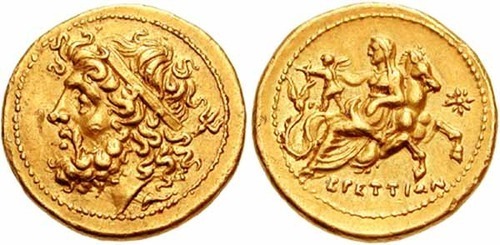
Gold Drachm with Poseidon and Thetis, Bruttium, The Brettii, Time of the Second Punic War c. 221-201 BC
Bearded head of Poseidon left, wearing taenia, trident behind; dolphin below. On the reverse, ΒΡΕΤΤΙΩΝ, hippocamp right on which Amphitrite is seated left, holding Eros in extended right hand, who stands left drawing a bow; star to right, tiny Γ (engraver’s signature) at feet of Eros.
Artistically, this coin is one of the loveliest of all Greek coinage. Inspired by the Pyrrhic silver prototype depicting the sea-nymph Thetis on a hippocamp as she contemplates the shield of her son Achilles, this Bruttian creation pairs Poseidon on the obverse with his consort Amphitrite and substitutes an Eros for the shield. In early literature this piece was dated to around 282 BC since it copied the main theme of a Pyrrhic type, but later study has placed this issue in the Second Punic War as it shares the engraver’s mark Γ with certain Carthaginian silver issues.



